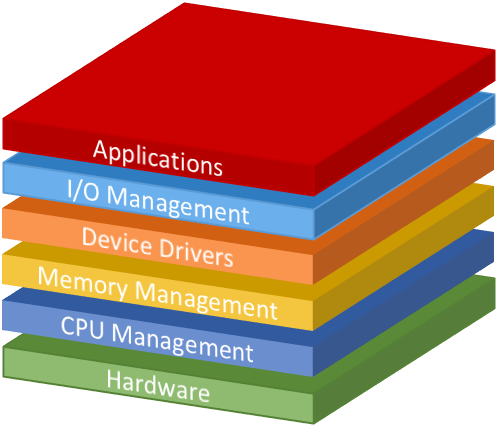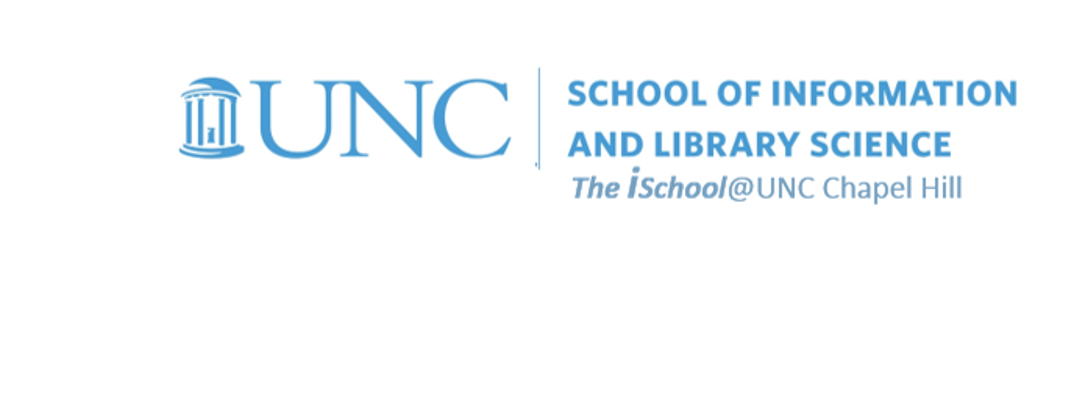meets Tuesday and Thursday from 0800-0915
office hours in Manning 112
Class Schedule
10 Jan | intro
15 Jan | clients
17 Jan |
servers |
command line |
create protected directory |
next session
22 Jan | networks
24 Jan | basics lab
29 Jan | structural layer
31 Jan | presentational layer
05 Feb | working with layers
07 Feb | behavior layer
12 Feb | images & design
14 Feb | website lab
19 Feb | document markup
21 Feb | tools that read markup
26 Feb | document markup lab
28 Feb | spreadsheets
05 Mar | formulas & functions
07 Mar | data display
19 Mar | database tools
21 Mar | spreadsheets lab
26 Mar | relational databases
28 Mar | tables
02 Apr | relationships
04 Apr | input & output
09 Apr | SQL
11 Apr | complex queries
16 Apr | databases lab
18 Apr | presentation design
23 Apr | presentation delivery
25 Apr | presentation lab
30 Apr | 0800-1100 | final in class presentation
School Information

This work
is licensed under a
Creative Commons Attribution-NonCommercial-ShareAlike 3.0 Unported License.
home & schedule | class blog | syllabus | contact | grades
Servers may use many different operating systems,
but the ones you will most often encounter will be using either Unix or Linux.
Operating Systems
What is an operating system?
There are more than a few.
What others are out there? (note: this page is dated, but it is a good historical comparison)
Evolution of Operating Systems (also somewhat dated, but also useful for the historical background)
How Operating Systems Work - to quote How Stuff Works,
At the simplest level, an operating system does two things:

- It manages the hardware and software resources of the computer system. These resources include such things as the processor, memory, disk space, etc.
- It provides a stable, consistent way for applications to deal with the hardware without having to know all the details of the hardware.
